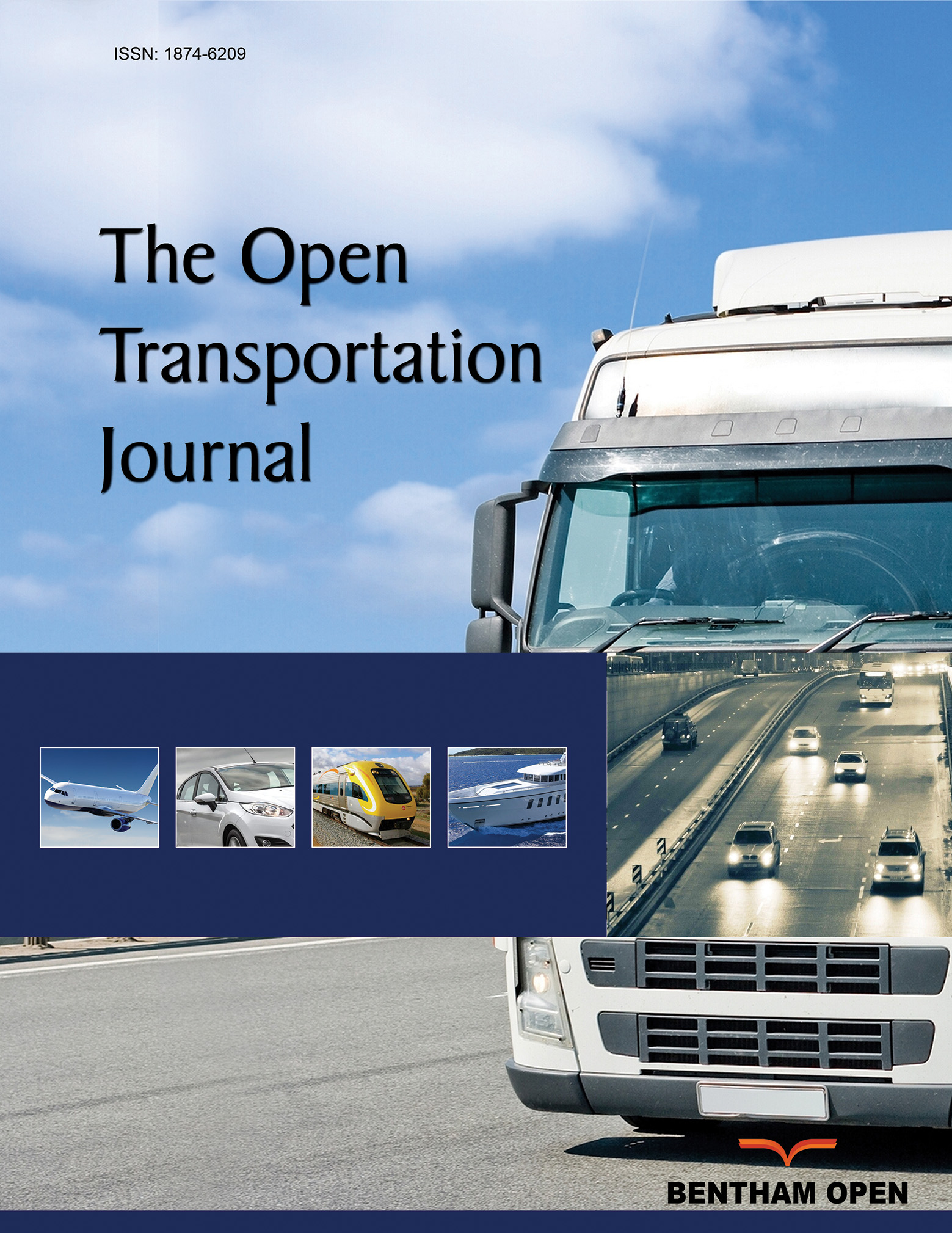All published articles of this journal are available on ScienceDirect.
Data Processing Techniques for Real-Time Traveler Information: Use of Dedicated Short-Range Communications Probes on Suburban Arterial
Abstract
Background:
As wireless communication technologies evolve, probe-based travel-time collection systems are becoming popular around the globe. However, two problems generally arise in probe-based systems: one is the outlier and the other is time lag. To resolve the problems, methods for outlier removal and travel-time prediction need to be applied.
Methods:
In this study, data processing methods for addressing the two issues are proposed. After investigating the characteristic of the travel times on the test section, the modified z-score was suggested for censoring outliers contained in probe travel times. To mitigate the time-lag phenomenon, a recurrent neural network, a class of deep learning where temporal sequence data are normally treated, was applied to predict travel times.
Results:
As a result of evaluation with ground-truth data obtained through test-car runs, the proposed methods showed enhanced performances with prediction errors lower than 13% on average compared to current practices.
Conclusion:
The suggested methods can make drivers to better arrange their trip schedules with real-time travel-time information with improved accuracy.


